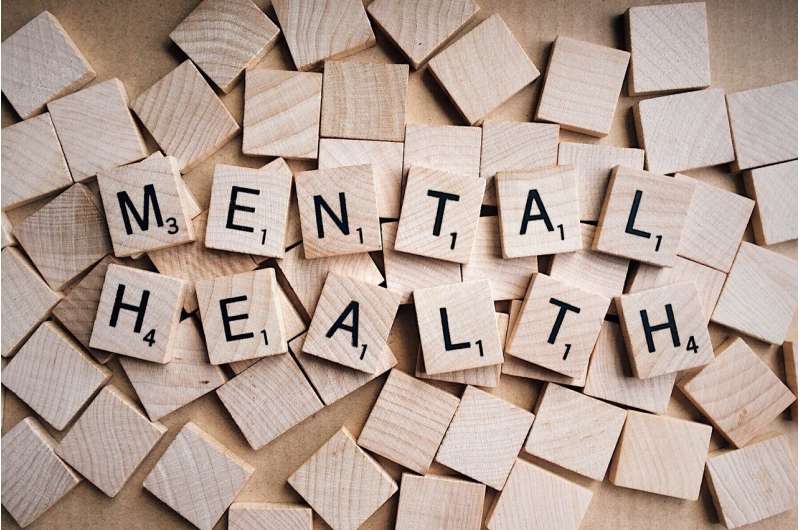How Mindfulness Therapy Offers Hope for Treatment-Resistant Depression

Discover how mindfulness-based cognitive therapy (MBCT) provides an effective, affordable solution for individuals with treatment-resistant depression, filling a critical gap in mental health care.
Depression can be an unrelenting condition for some individuals, persisting despite conventional therapies like medication and psychotherapy. For approximately 30% of those affected, the heavy burden of ongoing symptoms such as low mood, exhaustion, and hopelessness remains a daily struggle, even after standard treatment efforts. This ongoing challenge not only impacts individuals but also reverberates through families, workplaces, and society due to the significant economic and social costs involved.
In the UK, the NHS Talking Therapies program is often the first recourse for adults dealing with depression or anxiety. In the 2023–24 period, it supported over 1.26 million individuals. However, nearly half of those who complete therapy still experience depression afterward, and there are limited further options when initial treatments do not succeed. Many are returned to primary care, with only a few referred to specialized mental health services, leaving a substantial number of individuals in a treatment gap referred to as the "missing middle." These individuals have needs too complex for primary care but do not qualify for secondary psychiatric services, leading to a significant gap in available support.
Research suggests that medication alone often falls short for these patients. A promising alternative is mindfulness-based cognitive therapy (MBCT). Recent studies involving over 200 patients who had completed NHS therapy but still exhibited symptoms explored the effectiveness of MBCT—a structured, eight-week group program delivered online. MBCT combines traditional cognitive therapy, targeting negative thought patterns, with mindfulness practices aimed at fostering present-moment awareness and emotional regulation. Participants learn to recognize harmful thought spirals early and respond with greater compassion, equipping them with lifelong skills.
The findings showed encouraging outcomes: participants who engaged in MBCT experienced more substantial improvements in depressive symptoms than those who received usual care. These benefits were sustained and even slightly strengthened after six months. Additionally, the MBCT group utilized fewer health and social care services overall, highlighting its cost-effectiveness—costing less than £100 per person to implement.
Untreated or resistant depression can severely impair daily functioning, affecting employment, relationships, and caregiving. Children of parents with long-term depression are particularly vulnerable. Without proper support, these situations can deteriorate, amplifying personal and financial hardships. MBCT's concise, group-based format makes it accessible and practical for widespread implementation, providing an effective tool for those who do not fully benefit from existing treatments.
The success of MBCT underscores the need for increased investment in psychological therapies for the "missing middle." Expanding access to such targeted, cost-effective interventions could significantly improve individual outcomes, reduce strain on health systems, and promote recovery. In resource-constrained environments, leveraging evidence-based approaches like MBCT offers a powerful way to enhance mental health care and support for those most at risk.
Stay Updated with Mia's Feed
Get the latest health & wellness insights delivered straight to your inbox.
Related Articles
Influence of Birth Season on Depression Risk in Men: A Closer Look
Research shows a slight link between season of birth and depression symptoms in men, highlighting environmental influences during gestation that may impact mental health.
Military Discharge: Challenges, Impact, and Opportunities for Better Transition Support
Recent research reveals critical issues in military discharge processes that can impact veterans' mental health and highlight the need for improved transition support.
Enhancing Mental Health Support in Schools Mitigates Risks in Disadvantaged Communities
Increasing access to mental health professionals in schools can significantly reduce mental health risks for youth in disadvantaged neighborhoods, highlighting the importance of targeted support for vulnerable students.



